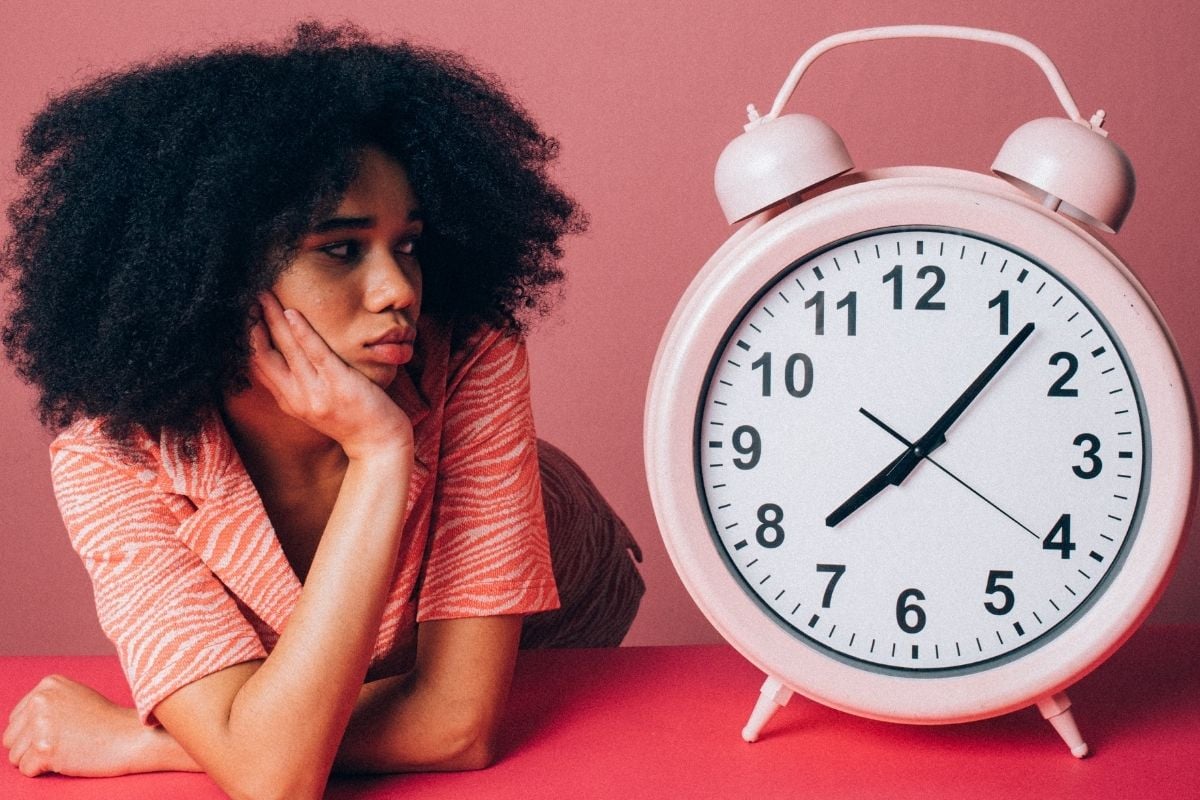
If you're in your thirties and the sound of fertility is playing on your mind (in GIANT, SHOUTY, CAPS LOCK), please take a seat. We need to talk.
Because for a really long time we've been sold this whole idea of the 'fertility cliff', yeah? We're told that as we reach age 35, our likelihood of falling pregnant decreases. Dramatically.
Our quality and number of eggs is on the decline. We're more at risk of health issues. We have a higher chance of miscarriage. From 35 onwards, a pregnancy is immediately labelled 'high-risk'.
It's all pretty terrifying. And it means there are generations of women who feel the pressure to get pregnant before they hit their mid-thirties - or risk struggling to fall pregnant later on and losing their chance to become a mother.
Watch: Things pregnant people never say. Post continues below.
Of course, the pandemic has only ramped up the worry and anxiety around fertility - a lot of us feel our life has been put on 'hold' for the last couple of years. And it has! Goodness it has.


Top Comments